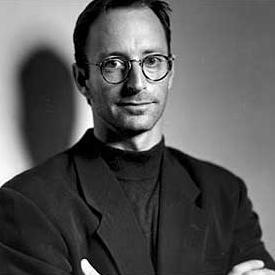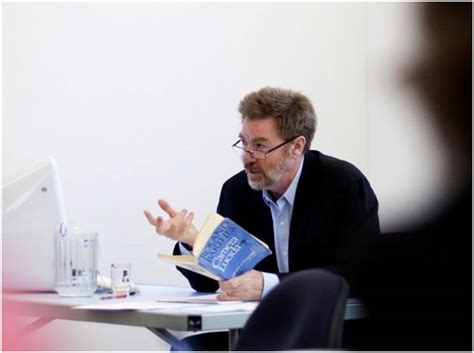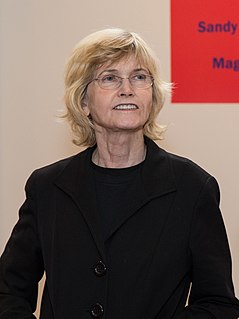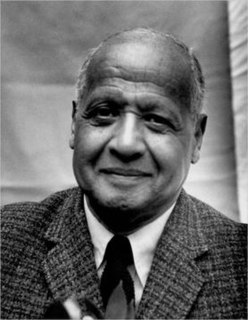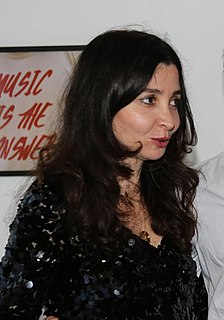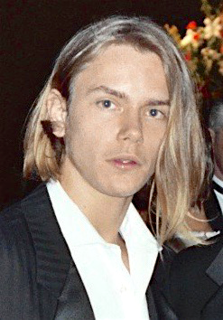A Quote by Fred Ritchin
The photograph that discovers and uncovers the world is harder to simulate than an image that simply illustrates one's ideas about it.
Related Quotes
But there is more to a fine photograph than information. We are also seeking to present an image that arouses the curiosity of the viewer or that, best of all, provokes the viewer to think-to ask a question or simply to gaze in thoughtful wonder. We know that photographs inform people. We also know that photographs move people. The photograph that does both is the one we want to see and make. It is the kind of picture that makes you want to pick up your own camera again and go to work.
If you could see a photograph of what it took to make an advertising photograph - things you don't think about, like the photo assistant carefully arranging the meatballs - the degree of unnaturalness would be astonishing. Yet it produces an image that looks natural, and is orchestrated to provoke basic emotional responses.
If we are in Christ the whole basis of our goings is God, not conceptions of God, not ideas of God, but God Himself. We do not need any more ideas about God, the world is full of ideas about God, they are all worthless, because the ideas of God in anyone’s head are of no more use than our own ideas. What we need is a real God, not more ideas about Him.
The only times we are consciously aware of the authorship of a photograph, I would argue, are when we contemplate the photographs we ourselves have taken (or those of friends and family) or when we go deliberately to the photographers monograph or exhibition. The signed image - the appropriated, the owned image - is by far the rarest in this pullulating world of pictures.
People are constantly trying to make an image for you. They`ll dress you up and tell you to pose a certain way and take all these pictures... they want a certain image, so they create that. And unless you`re spending a lot of time to create another image to counteract that image, theirs will win. So right now, I`m kind of dealing with a lot of false ideas of what I`m about.
[When] I am taking a photograph, I am conscious that I am constructing images rather than taking snapshots. Since I do not take rapid photographs it is in this respect like a painting which takes a long time where you are very aware of what you are doing in the process. Exposure is only the final act of making the image as a photograph.



